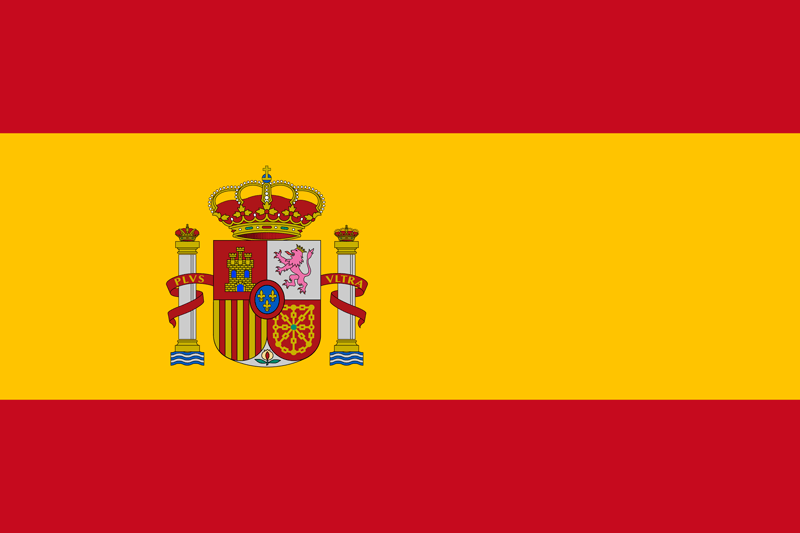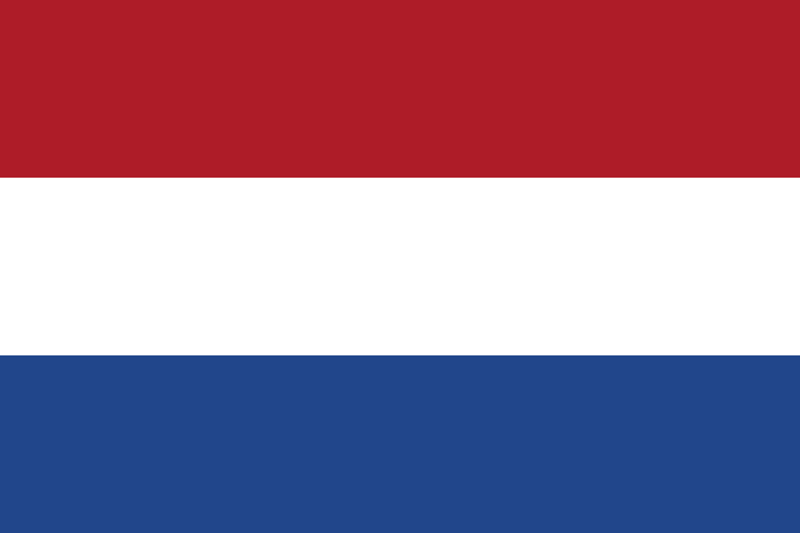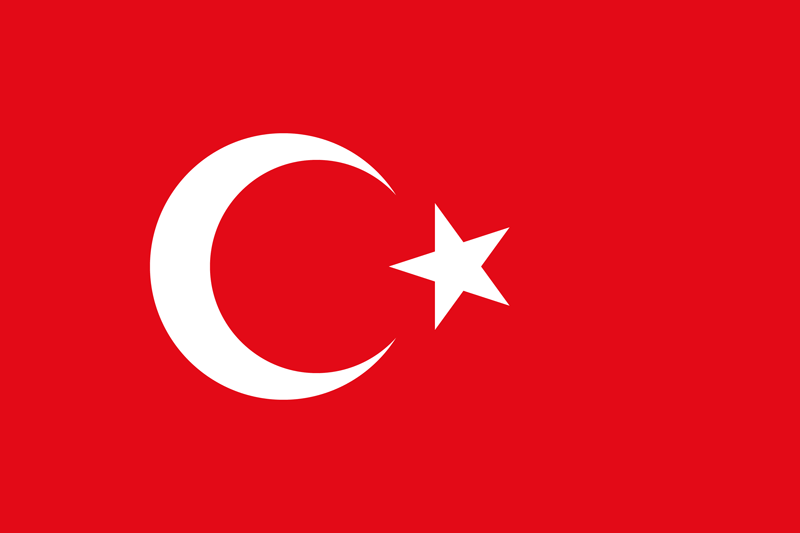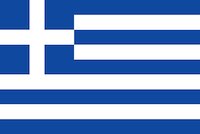- Summer Schools 2026
-
By Subject
- Arts 101 Courses
- Architecture 15 Courses
- Art 9 Courses
- Creative Writing 29 Courses
- Design 11 Courses
- Drama 5 Courses
- Fashion 4 Courses
- Literature 30 Courses
- Media 15 Courses
- Business 61 Courses
- Marketing 11 Courses
- Climate & Sustainability 21 Courses
- Economics 40 Courses
- Engineering 34 Courses
- English 27 Courses
- Exam Preparation 3 Courses
- Finance 15 Courses
- Humanities 137 Courses
- History 54 Courses
- Law 23 Courses
- Leadership 63 Courses
- Medicine 48 Courses
- Neuroscience 7 Courses
- Philosophy 8 Courses
- Politics 36 Courses
- International Relations 26 Courses
- Psychology 22 Courses
- SAT Prep 1 Course
- Sciences 69 Courses
- Chemistry 9 Courses
- Natural Sciences 10 Courses
- Physics 14 Courses
- Veterinary Science 2 Courses
- Social Sciences 33 Courses
- Human Sciences 10 Courses
- Sports 5 Courses
- STEM 84 Courses
- Mathematics 15 Courses
- Tech & Coding 38 Courses
- Artificial Intelligence 23 Courses
- Computer Science 27 Courses
- University Preparation 168 Courses
- By Age
- Search Courses
-
Summer Schools 2026
By Subject
- Arts 101 Courses
- Architecture 15 Courses
- Art 9 Courses
- Creative Writing 29 Courses
- Design 11 Courses
- Drama 5 Courses
- Fashion 4 Courses
- Literature 30 Courses
- Media 15 Courses
- Business 61 Courses
- Marketing 11 Courses
- Climate & Sustainability 21 Courses
- Economics 40 Courses
- Engineering 34 Courses
- English 27 Courses
- Exam Preparation 3 Courses
- Finance 15 Courses
- Humanities 137 Courses
- History 54 Courses
- Law 23 Courses
- Leadership 63 Courses
- Medicine 48 Courses
- Neuroscience 7 Courses
- Philosophy 8 Courses
- Politics 36 Courses
- International Relations 26 Courses
- Psychology 22 Courses
- SAT Prep 1 Course
- Sciences 69 Courses
- Chemistry 9 Courses
- Natural Sciences 10 Courses
- Physics 14 Courses
- Veterinary Science 2 Courses
- Social Sciences 33 Courses
- Human Sciences 10 Courses
- Sports 5 Courses
- STEM 84 Courses
- Mathematics 15 Courses
- Tech & Coding 38 Courses
- Artificial Intelligence 23 Courses
- Computer Science 27 Courses
- University Preparation 168 Courses
By Age
Search Courses
Interested in hearing more? Get started today!
Make EnquiryAdvanced Artificial Intelligence and Machine Learning: Natural Language Processing
Advanced Artificial Intelligence and Machine Learning: Natural Language Processing summer course in Oxford, by Lady Margaret Hall.
Oxford Summer Courses Guide » Courses » Lady Margaret Hall » Advanced Artificial Intelligence and Machine Learning: Natural Language Processing
 DATES & FEES
DATES & FEES
- Duration: 3 Weeks
-
Dates: June - August 2026
Start Dates:
- TBD for 2026 - Join the Waitlist
- Age Range: 19+
- Fees from: £4,060.00
- Campuses: Lady Margaret Hall,Oxford University Colleges
Course Summary
Through predictive text, translation tools, and smart devices natural language processing (NLP) is increasingly a part of our day-to-day lives, and in large language models like Chat-GPT we see the enormous future potential of this exciting area of research. This advanced course examines the theoretical concepts of NLP and its current and potential future application in diverse domains.
The course begins with an introduction to attention mechanisms, examining self-attention, transformers, and byte pair encoding, before turning to large language models (LLMs) and natural language generation, exploring how they use prompting and reinforcement learning with human feedback. You will look closely at the varied applications of NLP and LLMs in particular, such as question answering, translation, and code generation. In the final part of the course you will discover how language and vision can interact in applications such as video captioning or text to image generation, before looking to the future of NLP research and considering the limitations, biases, ethical concerns, and potential misuses of NLP.
This intensive course offers students theoretical understanding and practical experience in a range of natural language processing concepts and techniques, offering career skills as well as excellent foundations for future research.
- Live and study in Lady Margaret Hall, one of Oxford's finest colleges
- Learn from experienced academics using the tutorial system
- Enjoy meals in hall, experiencing life as an Oxford student
- Gain new skills to take you further in your future academic or professional career.
- All tuition, including lectures, seminars, and tutorials
- Assessment, transcript of academic performance, and certificate
- A co-curricular programme of skills workshops and guest speakers
- Access to the Lady Margaret Hall College Library
- Bed & Breakfast accommodation in a single bedroom throughout your programme
- Lunch and dinner in the College Dining Hall Monday to Friday
- A full Social & Cultural Programme, including two excursions to other English cities per three-week programme session
- A high-quality printed class photograph
- Formal Graduation banquet
Video
More Information
Teaching:
LMH Summer Programmes are designed and delivered by experienced academics from Lady Margaret Hall and across the University of Oxford, and are taught using the Oxford teaching model, which emphasises personalised small-group learning.
In a series of thought-provoking lectures and lively seminar discussions you will learn about cutting-edge research, expand your core knowledge, and explore new ideas and concepts among peers with diverse international perspectives and academic backgrounds.
Tutorials, the conclusion of each week’s study, are an intellectual thrill. They are a unique opportunity for focused and personalised attention from an expert academic and a space for enthusiastic debate of important ideas. Alongside no more than two to three other students, you will present and discuss your work, accept constructive criticism, and engage with the ideas of your fellow students. These rigorous academic discussions help develop and facilitate learning in a way that cannot be done with lectures alone.
Assessment:
On a three-week LMH Summer Programme students produce one piece of assessed work every week, which is submitted to the tutor and then discussed in a tutorial. At the end of each week you will receive a percentage grade for your submitted work. Each week’s work counts for a third of your final percentage grade, so your final grade is an average of the mark received for each piece of work. Students who stay for six or nine weeks will receive a separate grade for each 3-week course.
Academic Credit:
Lady Margaret Hall will provide a transcript of your assessed work, and can send this directly to your home institution if required. LMH Summer Programmes are designed to be eligible for academic credit, and we will communicate with your home institution to facilitate this as needed. As a guide, we recommend the award of 15 CATS / 7.5 ECTS / 4 US Credits for each 3-week course.
You will stay in College accommodation onsite at Lady Margaret Hall, in bedrooms normally occupied by our undergraduate students during term time.
You will eat breakfast each day in the Dining Hall, and lunch and dinner will also be provided in College on each of your teaching days. On the final evening of the course there is a Graduation Formal Hall, when students dress up in their finest outfits for a special banquet served in the Dining Hall.
 DATES & FEES
DATES & FEES
- Duration: 3 Weeks
-
Dates: June - August 2026
Start Dates:
- TBD for 2026 - Join the Waitlist
- Age Range: 19+
- Fees from: £4,060.00
- Campuses: Lady Margaret Hall, Oxford University Colleges
Frequently Asked Questions
Lady Margaret Hall Frequently Asked Questions












